
The acerola cherry (Malpighia glabra) or Acerolla, also known as the Barbados cherry or wild crapemyrtle, native to the West Indies and northern South America, is also cultivated in India. It grows on a shrub that reaches 3 meters in height and has a thorny crown. The cherry is bright red and contains 2-3 hard seeds. Historically, the cherry has been used to treat dysentery and fever. Recent research suggests that the cherry possesses anti-inflamatory and astringent properties. It is rich in Vitamin C and over 150 phytonutrients have been found in the cherry.
Nutritional benefits:
Vitamin C
Potassium
Magnesium
Other Minerals
The cherry can help with:
Immune Function
Dysentery
Diarrhea
Possibly the richest source of vitamin C among fruits, the cherry is extremely popular for its health benefits. It is a tropical antioxidant fruit which is cultivated mostly in the Caribbean, Brazil, Peru, Mexico, and in India. Let us take a look at the health benefits of acerola cherry.
The most important thing that sets cherry apart from any other fruit is its vitamin C content. The vitamin C content of one tiny cherry is 65 times higher than what is found in an orange. In other words, the vitamin C content found in one cherry is equal to the minimum daily requirement needed for your body.
Thanks to its extremely high vitamin C content, the cherry can help boost your immune system, strengthen your liver, improve your skin condition, and increases your body’s ability to repair tissues quickly. It also helps you prevent colds, infections, hair loss, and dental problems.
The cherry contains anthocyanins – substances which are highly anti-inflammatory in nature. So, it is very good at relieving headaches. Eating an acerola cherry can have the same effect as taking ibuprofen or aspirin for your headache.
The cherry is an excellent source of vitamin A, which is a known antioxidant. 100 grams of an acerola cherry contains up to 1017 IU of carotene. A regular intake of vitamin A tends to improve your vision and reduces the risk of cataracts and other such eye problems. Since it is a powerful antioxidant, it fights the free radicals which cause the maximum damage to your skin. As a result, you can stay away from skin problems.
The fruit also contains high levels of potassium which can elevate your mood, regulate your heart function, and keep your blood pressure in control.
It is also rich in vitamin B, calcium, magnesium, folate, and phosphorous. Folate in particular helps in the formation of new cells in your body, reduces the risk of heart diseases, and protects small children against mental problems and debilitating diseases.
It is full of antioxidants like carotenoids and flavonoids, which, needless to say, are extremely important for your good health. It has been proven clearly that consuming antioxidant rich fruits regularly will help you stay away from health problems like heart diseases and cancer.
Fonte: http://www.antioxidant-fruits.com/


















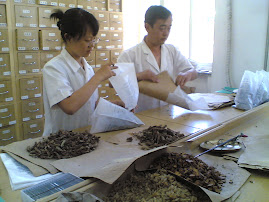
.jpg)
.jpg)


.jpg)























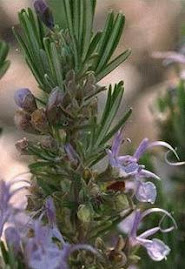
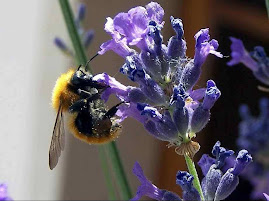


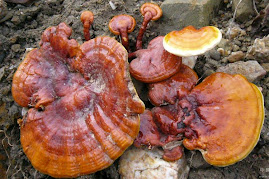
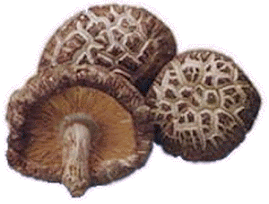


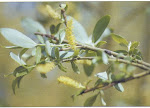
1 comment:
Acerola é muito boapara muitas coisas,assim como o gengibre..
Adoro seu blog!
Feliz 2010!
Post a Comment